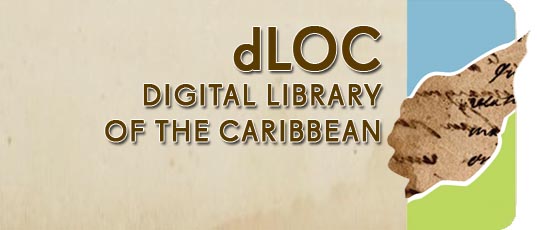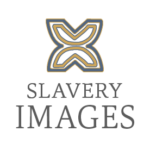About
The Early Caribbean Digital Archive (ECDA) is a publicly available archive platform for accessing, researching, and contributing pre-twentieth-century Caribbean archival materials.
The ECDA has two primary related, overarching goals: the first is to uncover and make accessible a literary history of the Caribbean written or related by black, enslaved, Creole, indigenous, and/or colonized people. Although the first step in this process is digitization, the ECDA is more than a digitization or cataloging initiative. Rather, we aim to enable users—both scholars of the Caribbean as well as students—to understand the colonial nature of the archive and to use the digital archive as a site of revision and remix for exploring ways to decolonize the archive.
Project History
The inspiration for the project came during a symposium of the Early Caribbean Society in fall 2011. One of the important issues that came out of this international meeting of scholars from a variety of disciplines working on Early Caribbean studies, were problems of accessibility to the texts of this era. Documentary materials, particularly about the colonial Caribbean, are often located in archives and collections in various former colonial metropoles in Great Britain, France, Germany, Denmark, Spain, and the Netherlands. Neo-colonial consolidation has transmitted other archives and collections to the United States. In addition, although many of the contemporary archives in Caribbean countries are accessible, some are not, and other documents remain in private hands scattered across the globe. With these difficulties at the forefront of our minds, Nicole Aljoe and Elizabeth Maddock Dillon wrote and received an interdisciplinary program development seed grant from Northeastern University to create a digital archive of early colonial Caribbean texts. Working initially with scholars from a number of departments across campus as well as graduate students, we envision the archive as an open-access, interdisciplinary project that brings together scholars of literature, history, library science, network science, digital humanities, and public humanities. By making these texts more readily accessible, it is our hope that more scholars will engage with these texts and contribute further to the international scholarly project of understanding colonial Caribbean cultures and literary histories.
Project Collaborators
Project Support
We are a project of Northeastern University's NULab: for Texts, Maps, and Networks and supported by the Digital Scholarship Group. Our archive data is managed through Snell Library's Digital Repository Service. And we have received generous financial support from The National Endowment for the Humanities and the American Council for Learned Societies.



